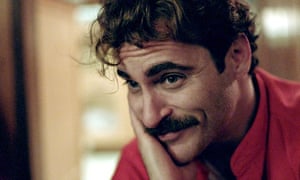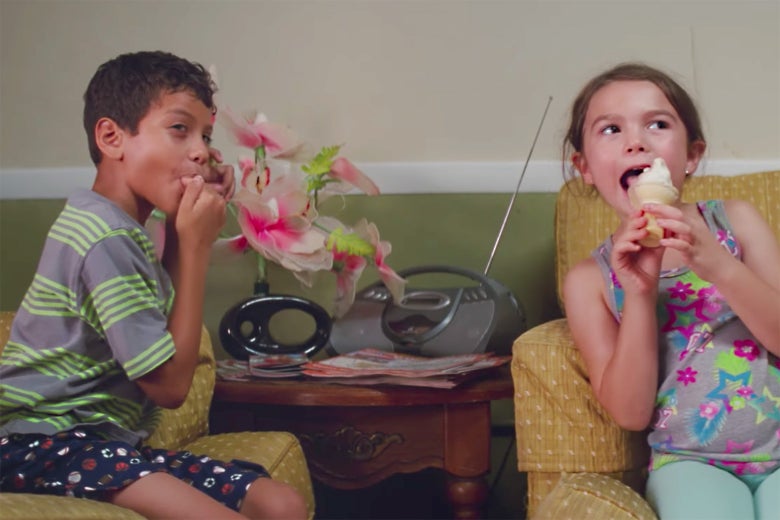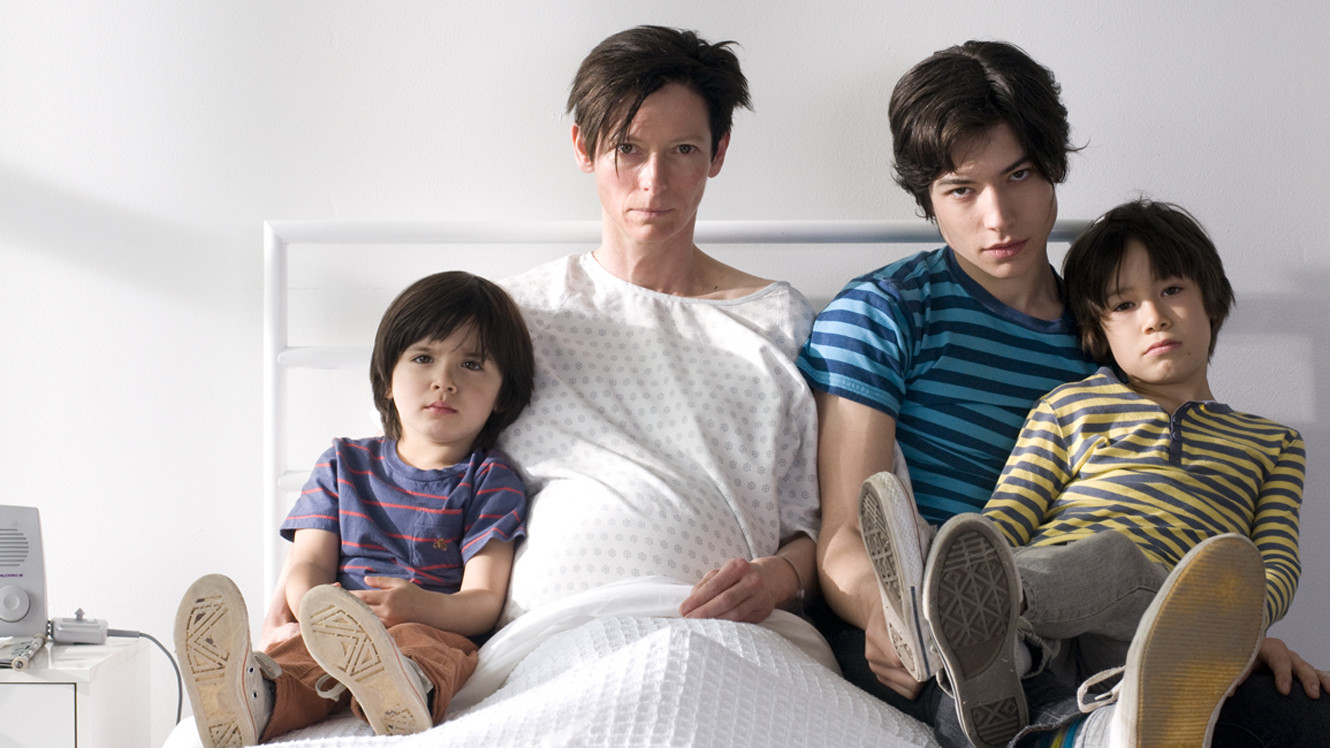Lists are beautiful. Films are beautiful. Opinions are subjective. Some films that we see now- some made for kids, some made in other languages, some made in 'trashy' genres- will one day become classics. Which ones? Here's my entirely subjective gaze into the crystal ball with my picks of the best films of the 2010s...
Moonlight
Moonlight is a film that is excellent in every aspect, emotional and smart in equal measure. It follows the coming of age of a young boy named Chiron, who is fundamentally disadvantaged growing up in America by his race, class and sexuality. Chiron’s story is split into three segments and in each the character is played by a different actor (Alex Hibbert, Ashton Sanders and Treyvante Rhodes). These sections are delineated by the names and corresponding identities he is afforded: Little, Chiron and Black. We might think of these as boy, adolescent and man. These identities are, of course, not self-contained but bleed into and overlay one another. Chiron gets called Little in the middle section and Black in the second section, for instance.
The film does not preach to its
viewers, but immerses them as surely as young Chiron’s surrogate father Juan
(Mahershala Ali) tilts and rocks him in the surging ocean, teaching him how to
swim. The three sections are patterned by liberating, almost epiphanic moments
at the local beach and recurring, awkward encounters with a contemporary named Kevin
who seems to offer a safe outlet for Chiron’s burgeoning sexuality. Director
Barry Jenkins regularly uses the unusual and immersive technique of having characters
conversing while looking straight into the camera lens, in close up. This implicates
and involves the audience in the relationships on screen, breaking up the main
flow of the story with something akin to visceral photographs.
For all the raw power and
immaculate structure of the script, this film is turbocharged by its all-star ensemble
cast. Naomie Harris shows her full quality as Chiron’s mother, struggling with
addiction and an inner wildness that often scares her son. Mahershala Ali is a
quiet but powerful presence early on, but for me Andre Harris as the eldest
iteration of Kevin steals the show. He has found his feet as a diner chef and,
though troubled, has never lost his teasing humour or warmth. When he calls up
Chiron after ten years of separation, he proves how powerfully love and care can
be expressed just in cooking a meal for someone.
This culinary compassion is something
Kevin shares with Janelle Monae’s Teresa. I am high-key obsessed with Janelle
Monae’s role in this film as surrogate mother Teresa, who is always ready to
tease Chiron into talk with a glass of orange juice, a slap-up meal and her
sardonic, warm eyes. Her album Dirty Computer soundtracked my own process of
coming out to myself, so when she says ‘it’s all love and all pride in this
house’ my breath hitches every time.
I have seen several reviewers who consider the
transition between the scrawny Sanders
and the bulked-up Rhodes implausible and to the film's detriment. The size disparity is shocking, but
thoroughly intentional and Kevin comments on this upon his reunion with Chiron,
openly stating, ‘this is not what I expected’. The change rings true to me. Many
people do emerge bulked up after prison time because there is little to do there
other than work out. I’m lucky due to racial and socioeconomic privilege to have
never been close to prison and the sort of radical rethinking of one’s identity
incarceration can force. Yet I do know that as a boy, not yet able to
articulate that I was probably gay, the first time in life I felt safe from
bullies was when I started to fill out and got good at rugby. The physical
discrepancy between Rhodes and Sanders makes perfect sense, and Treyvante
Rhodes delivers a note-perfect performance in the final section. He says that I
‘built myself from the ground up. Built myself hard’, but the film reveals that
identity constructed from a place of fear is always built on shaky ground.
Rhodes conveys with many a look that physical growth belies a shivering, shrivelling
spirit.
That concludes my list of the best
films of the 2010s! If you've stuck with me all the way I'm slightly amazed and
please do comment your own favourites if you like:)










